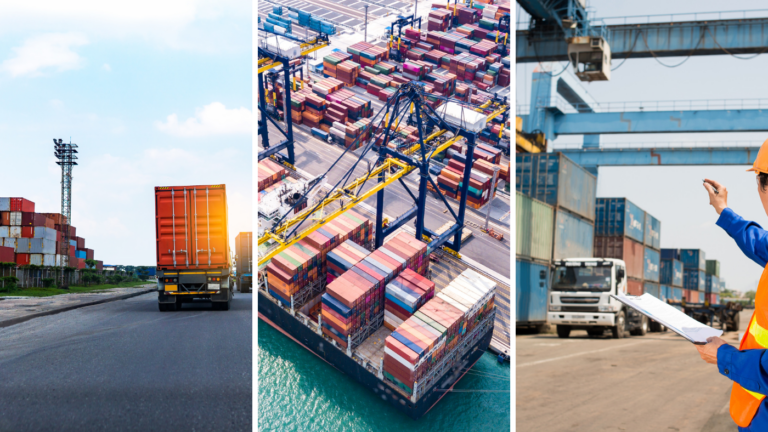In today’s globalized world, trade agreements play a significant role in shaping the economic landscape. Understanding the nuances of these agreements can provide a competitive advantage for businesses, importers, and exporters navigating international waters. In this guide, we’ll delve into the practical implications of trade agreements and where you can access them for the world’s leading economies.
What Are Trade Agreements?
Trade agreements are treaties or pacts between two or more countries, facilitating the movement of goods and services across borders. They often include terms related to tariffs, import quotas, product standards, and other trade-related measures.
Understanding Free Trade Agreements (FTAs)
Free Trade Agreements (FTAs) are a subset of trade agreements specifically designed to reduce or eliminate tariffs, import quotas, and other trade barriers between the participating countries. These agreements play a pivotal role in fostering international trade by making it more affordable and efficient for countries to export and import goods and services.
Benefits of Free Trade Agreements (FTAs)
- Economic Growth: By reducing trade barriers, FTAs often stimulate economic growth in participating countries. They enable businesses to access new markets and consumers to have a wider variety of products at competitive prices.
- Job Creation: As businesses grow due to increased international trade, there is often a surge in job opportunities, especially in sectors directly involved in the production and distribution of exported goods.
- Foreign Direct Investment (FDI): FTAs can attract foreign investors looking for business opportunities in the participating countries. FDI can lead to technology transfer, infrastructure development, and overall economic growth.
- Consumer Benefits: Reduced tariffs often mean lower prices for imported goods and services, allowing consumers to benefit from a broader range of choices and better pricing.
How Do They Affect Traders?
- Tariff Reductions: One of the primary benefits of trade agreements is the reduction or elimination of tariffs. This can lead to cost savings for importers and competitive pricing for exporters.
- Want to check the applicable tariff rates? Go here for a list of
- Access to New Markets: Trade agreements can open up markets that were previously difficult to access due to high tariffs or other barriers.
- Regulatory Standards: Agreements often standardize product and safety standards, simplifying the export process.
- Predictability: With clear rules in place, businesses can make informed decisions about sourcing and selling internationally.
Where Can I Consult which Trade Agreements Apply to Each Region?
While there are far more resources on trade agreements than could be possibly linked in an article like this, here are some international and region-specific resources on trade agreements:
- Regional Trade Agreements: The WTO offers interactive maps that allow the user to visualize each trade region’s participation in international trade agreements.
- European Union (EU): The European Commission’s Negotiations and Agreements page offers details on trade agreements, both those already in force and the ones that are being negotiated.
- United States (US): The Office of the United States Trade Representative provides an exhaustive list of the US’s trade agreements.
- Japan: Japan’s Ministry of Foreign Affairs showcases the country’s trade agreements and partnerships.
- China: China’s Ministry of Commerce regularly updates its list of free trade agreements.
- India: The Indian Government’s Department of Commerce offers resources on India’s trade agreements.
- United Kingdom (UK): Post-Brexit, the UK has been establishing new trade agreements. Details can be found on the UK Government’s Trade Agreements page.

In Conclusion
For traders, a deep understanding of trade agreements, including the specific benefits and challenges of FTAs, is not just a matter of compliance—it’s a strategic advantage. Being well-informed can lead to cost savings, broader market access, and smoother operations.
At Phoenix International, we recognize the importance of these agreements and are dedicated to supporting our customers at every step. With the Freight Market platform, traders can navigate the global landscape with confidence, backed by our dedicated team, superior tracking capabilities, and integrated services. Let us be your guide in the complex world of international trade.
